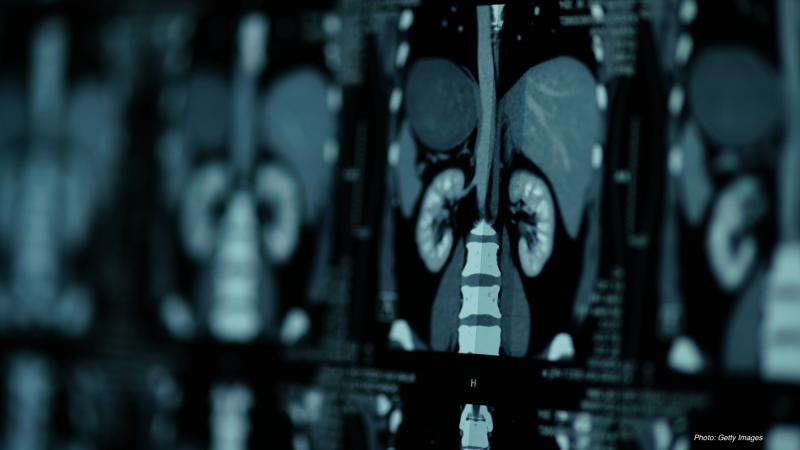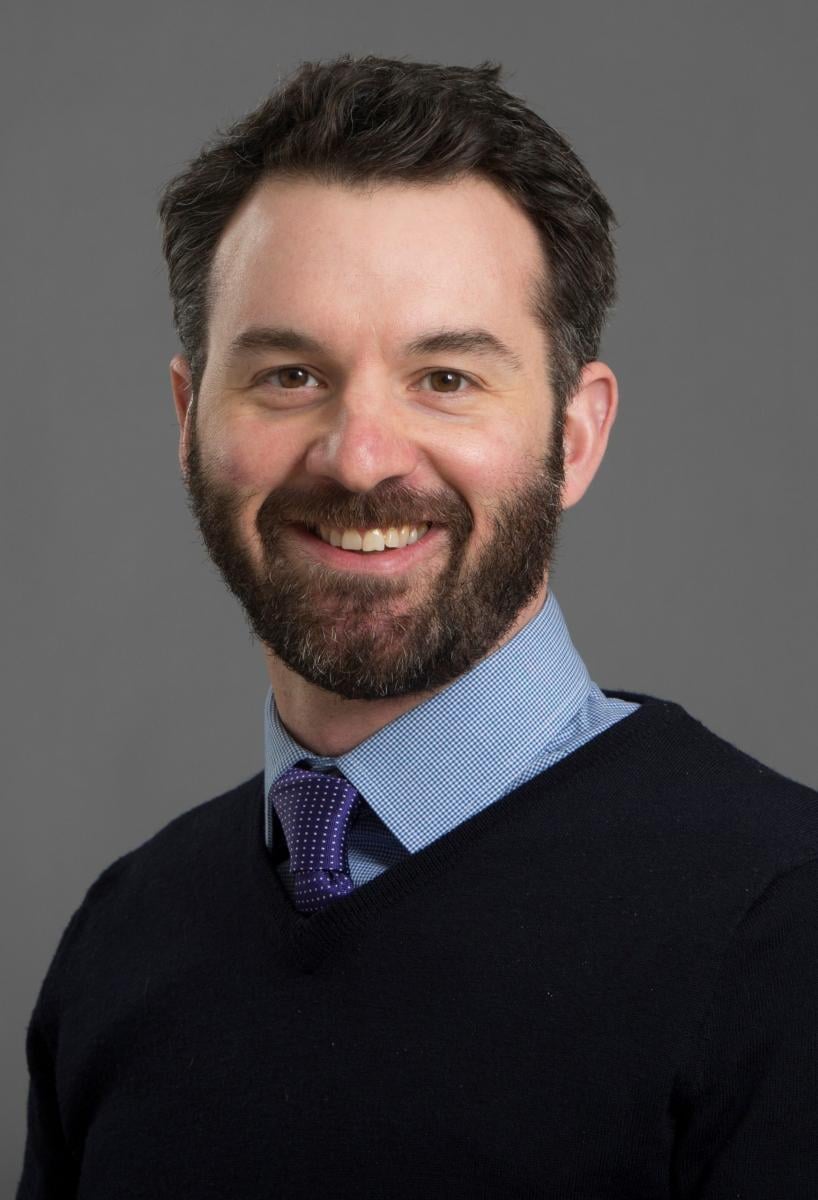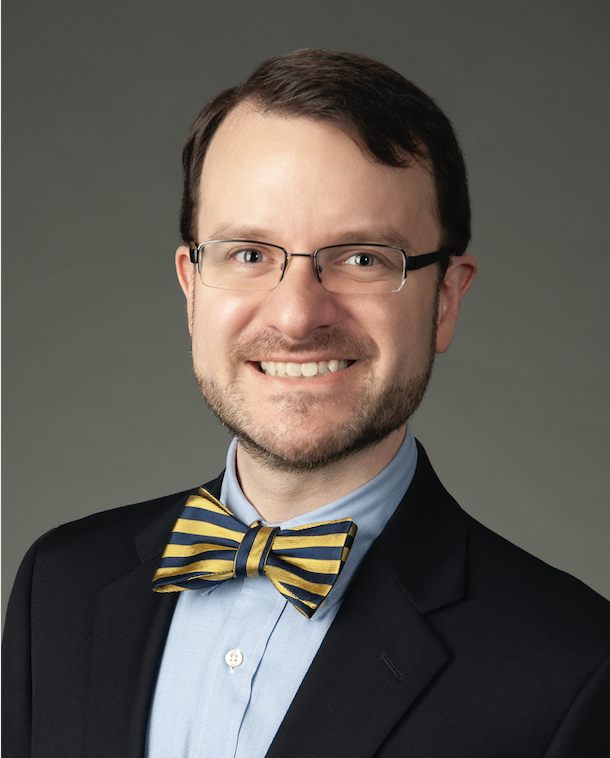Editorial Roundtable Series: Fluoroscopy Dose Optimization
The Editorial Roundtable will be held September 16 at 2 pm ET/ 1pm CT

A holistic view of contrast and radiation dose data is imperative to help identify opportunities for clinical and operational improvement at both the patient and enterprise levels. With the advent of digital platforms, radiologists are now able to analyze data, optimize standardization and problem-solve in real time. This approach helps drive standardization for personalized care for patients.
Through the use of technology, clinicians can better fine-tune department performance, automate documentation for improved reporting accuracy, facilitate compliance with certification programs and regulatory requirements, and ensure contrast dose management across and imaging department or enterprise.
In this roundtable discussion discussion hosted by ITN Editorial Director Melinda Taschetta-Millane, three medical experts will discuss the topic of assuring dose quality for interventional radiology (IR) and fluoroscopy. Featured are three experts in diagnostic and radiological medical physics.
Learning Objectives
-
- How to assure dose quality in interventional and fluoroscopy suites.
- How to get support from your compliance team to train surgeons and clinicians on dose quality.
- Best practices for ALARA and decreasing dose.
- Best practices for organizations looking to optimize their fluoroscopy dose management.
Featured Speakers

Emily Marshall, Ph.D.
Emily Marshall, Ph.D., is an Assistant Professor of Radiology and a Clinical Diagnostic Physicist at the University of Chicago. She serves as a faculty member on the Graduate Program's Committee on Medical Physics at the University of Chicago. Historically, her research has focused on the development of translational radiation dosimetry models for application in the fluoroscopic imaging of pediatric patient populations. Moving forward, her clinical interests emphasize imaging application optimization in pediatric patient populations.

Mark Supanich, Ph.D.
Mark Supanich, Ph.D., is head of the division for Diagnostic Medical Physics in the Department of Radiology and Nuclear Medicine at Rush University Medical Center in Chicago. He has extensive experience in computed tomography imaging operation, image quality and radiation dose assessment, and is chair or co-chair several committees related to CT in professional organizations. Supanich is actively involved in clinical research on a number of quantitative imaging topics, including a pilot project on lung nodule volumetry with a collaborator the University of Chicago.

John Harvey, Ph.D.
John Harvey, Ph.D., is a board-certified diagnostic medical and health physicist for West Physics. Prior to joining the organization, Harvey completed his Ph.D. at the University of Michigan in health physics. His research focused on the deployment of thermoluminescent radiation dosimeters in non-ideal conditions. He has also participated in research into the computer-aided analysis of mammography and lung CT imaging, which can provide radiologists with a computerized second opinion for cancerous lesions. During his tenure at West Physics, Harvey has surveyed numerous types of fluoroscopes; developed and delivered fluoroscopy radiation safety lectures and hands-on training in hospitals nationwide; counseled physicians on their fluoroscopy use during diagnostic and treatment procedures; performed patient, worker, and fetal dose calculations; investigated radiation overexposures; and has served as Radiation Safety Officer for a hospital network with locations throughout Georgia, a Level 1 Trauma Center in downtown Atlanta, a cancer research facility, a nationwide mobile nuclear medicine/PET provider, and an international narcotics and explosives detector manufacturer.
Sponsored by Bayer
Bayer is a leader in meeting the needs of Radiology programs and professionals. Bayer offers an end-to-end support system, ranging from contrast agents and power injection systems and their sterile disposables to equipment services and enterprise informatics.


 August 06, 2024
August 06, 2024 








